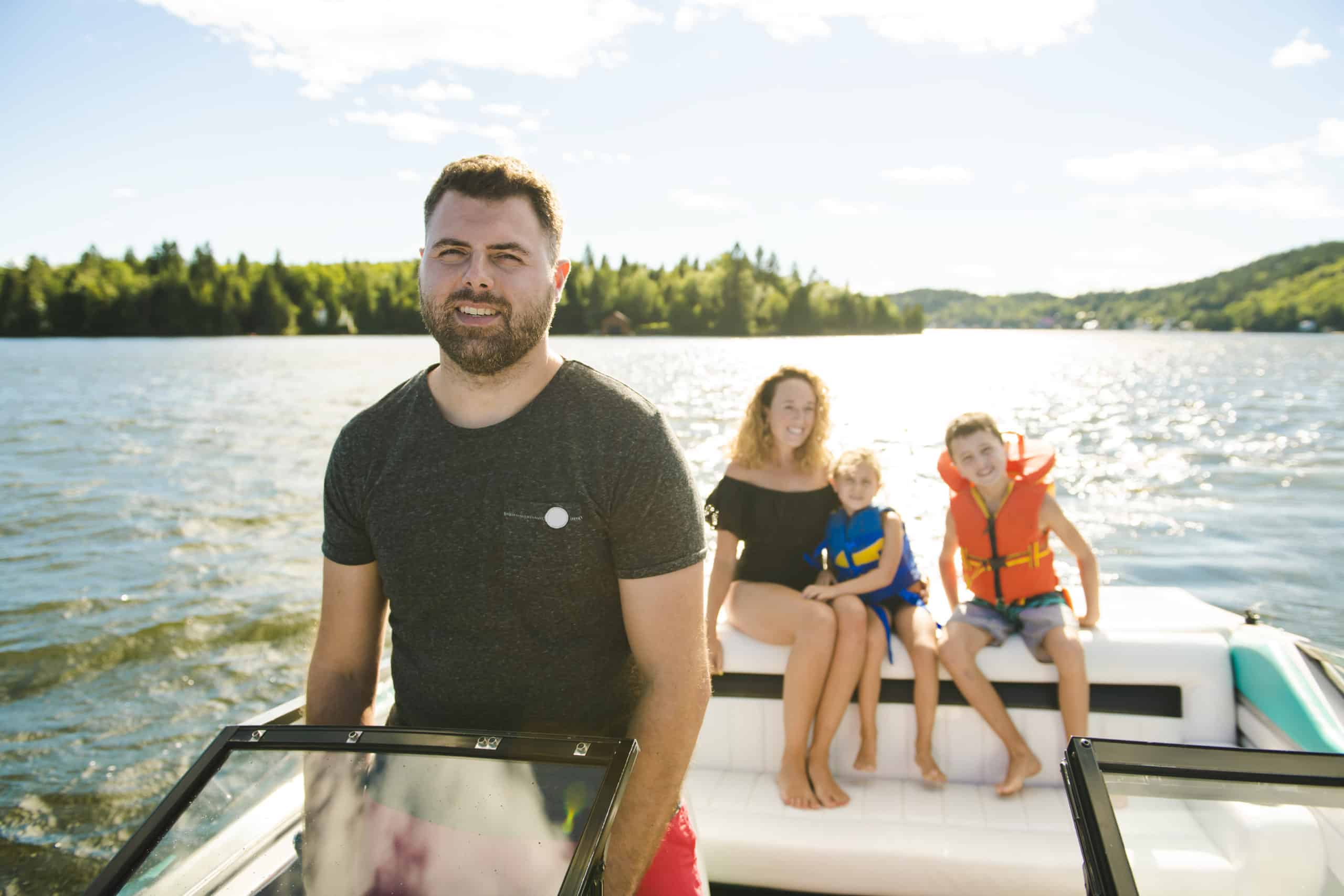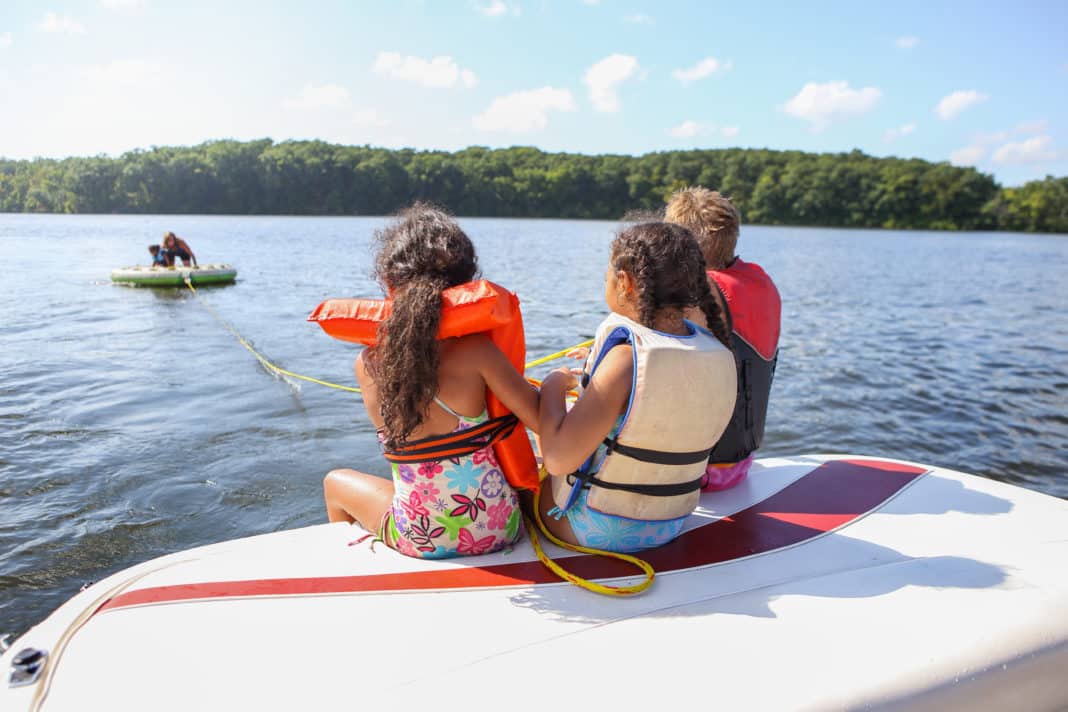With summer on its way, it’s expected for more and more families to spend time outdoors. Boating is one of the well-loved activities both for adults and children alike. You can mix it in with a picnic on the boat, fishing, and even snorkeling, you know that you’re up for a day filled with fun and adventure. There are going to be tons of unforgettable memories to create.
But, while there’s nothing better than spending time boating with your loved ones and basking in the sand, sea, and salt, safety should always be a top priority. There’s no other way to ruin an enjoyable experience by mixing it up with the danger of an accident.
That said, here are 4 essential boating safety tips you should abide with:
- Know the Rules
You wouldn’t want to go driving without first taking basic lessons. So, why would you want to go boating without first knowing the rules? You don’t have to be a master of everything related to boating. At least start by learning the basic rules.
Remember that these rules are there not just for your safety, but also for all other boaters in the area. You might be crossing or passing through other boats, so it’s good to know the rules of giving way and the like.
You can also start by learning the basics such as safety and rules. There are websites where you can study and learn more about MO boating safety course online. You can also start acquainting yourself with the basic water markers and the meaning of buoys.

- Bring with You a Boat Safety Kit
If you own the boat, then make sure it always has a boat safety kit, complete with the essentials in case of an emergency. If you’re renting the boat, then it also helps to bring a boat safety kit – even if it means having things with you that you may never even get to use.
Here are some of the essentials you must bring along with you:
- Ropes – this help pull someone that has fallen overboard. In most instances, you’ll also need it to secure your raft to the dock and tie down any lost items.
- Flashlight – a flashlight, along with its corresponding right batteries, can help you see around the area, particularly when it’s dark. Just in case you run out of fuel or your craft stalls, you’ll have enough light to guide you through.
- Garbage Bags – these can be used as rain ponchos, just in case the weather goes bad.
- Duct Tape – can be helpful to keep the boat afloat and safe, in case of a leaking part.
- Fire Extinguisher – fires can also happen even when you’re on the water. If you’re sailing somewhere far, you may not get help right away. A fire extinguisher can help you manage the situation yourselves while waiting for professional help to come.
- Bucket – this can come in handy to remove leaking water that may have gotten into the boat, and even hold slippery things, so they’re not all over the dock – things, fish, wet clothes, and the like.
- Life Jackets – be sure that your life jackets are approved by the US coast guard as appropriate for safety.
- First Aid Kit – of course, a no-brainer. Whatever kind of outdoor activity you’re going to, it’s helpful always to have a first aid kit.
- Have Your Boat Checked
Before your scheduled boating trip, be sure that the boat has been checked accordingly. If your boat appears to be in good condition, there’s one more self-check you can do to give yourself that added peace of mind that your boat is truly water-ready.
First, you can start by refueling your boat. Then, open all the hatches and try to smell any possible carbon monoxide fumes. Remember that when this accumulates in your boat’s deck or perimeter, everyone in the boat can get knocked out by the smell. This is the starting point of danger.
Be on the lookout for the following:
- Enclosed spaces
- Enclosures with poor ventilation
- Nearby boats
If you sense any fumes, don’t start the engine. Have the problem settled first, as you wouldn’t want to go boating with potential engine problems underway.
- Always Have the Proper Life Jackets
Even when the day is good and the seas are smooth, never take the risk of going out on a boating trip without bringing the proper life jackets. Remember that they do so much more than keep you afloat. They can spell the ultimate difference in survival, in case of an emergency.
The proper life jacket is more than just the accredited or authorized one. It also has to meet the following standards:
- It should fit the wearer snugly. So, if you’ve got children with you, be sure that their life jackets fit them perfectly as well.
- It should be well maintained, particularly if your life jackets are inflatable.
Conclusion
With these tips to take along with you on your boating trip, you now have that higher assurance that you’re safe on the water. You’re ready for whatever emergency may come along your way. Remember that it’s more than just about being on the boat per se, and maneuvering it. Boating also means being familiar with the water, the rules, recommendations, weather, and overall safety practices of boating safety.





